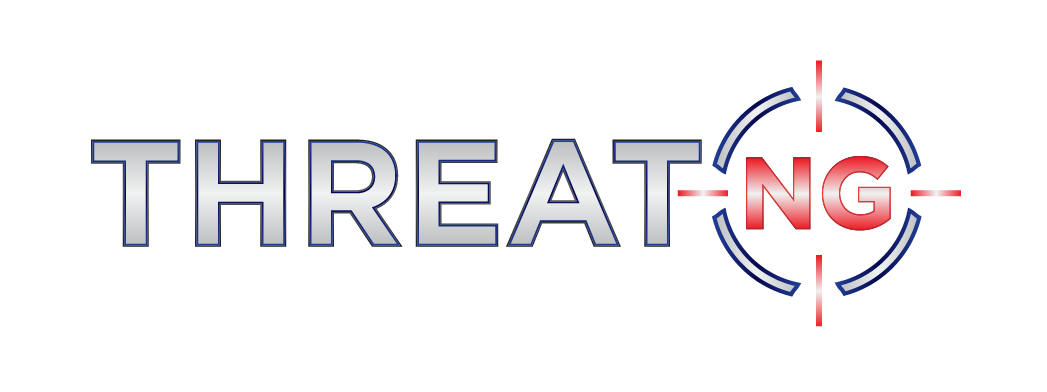Apple App Store
The Apple App Store is the official app store for Apple's iOS and iPadOS operating systems, serving as the sole authorized source for downloading and installing applications on Apple devices. Apple maintains a rigorous app review process, ensuring that apps meet strict quality, security, and privacy standards before making them available. This emphasis on security and privacy has contributed to the App Store's reputation as a trusted source for mobile applications.
From a cybersecurity perspective, the Apple App Store provides a valuable environment for security researchers and analysts. The curated nature of the App Store and Apple's stringent app review process offer a controlled environment for studying the behavior and characteristics of legitimate iOS apps. This can help establish a baseline for normal app behavior, making identifying anomalies and potential security threats in the broader iOS app ecosystem easier. Additionally, by analyzing approved apps, researchers can gain insights into Apple's security practices and standards, contributing to a better understanding of the iOS security landscape.
The Apple App Store is a valuable resource for cybersecurity research and analysis. Its curated app selection and focus on user safety provide a unique opportunity to study the security landscape of iOS apps and develop more effective security measures to protect users from potential threats.
ThreatNG, with its comprehensive suite of features, can be a valuable tool for organizations to manage and mitigate security risks associated with apps discovered on the Apple App Store. Here's a breakdown of how ThreatNG can help:
ThreatNG can identify and discover an organization's mobile apps present on the Apple App Store without needing authentication or internal access. This gives security teams a complete view of their mobile app exposure, even for apps published through unofficial channels or without their direct knowledge.
ThreatNG's external assessment capabilities allow organizations to evaluate the security posture of their mobile apps found on the Apple App Store. ThreatNG can analyze the app's code to identify sensitive information like API keys, authentication tokens, and private keys. It can also assess the app's communication with external servers, identify potential vulnerabilities, and flag any insecure coding practices.
3. Reporting:
ThreatNG provides detailed reports on the security posture of mobile apps found on the Apple App Store, including specific vulnerabilities and recommendations for remediation. These reports can be customized for audiences, from technical teams to executives, facilitating informed decision-making and prioritizing security efforts.
ThreatNG continuously monitors the Apple App Store for new versions or updates to an organization's mobile apps. This ensures that changes to the app's code or behavior are immediately detected and assessed for potential security risks.
ThreatNG offers various investigation modules that can be used to delve deeper into specific security concerns. For instance, the "Sensitive Code Exposure" module can identify the presence of hardcoded credentials or API keys within the app's code. The "Domain Intelligence" module can analyze the app's communication with external domains, flagging suspicious or potentially malicious connections.
ThreatNG maintains extensive intelligence repositories that include information on known vulnerabilities, compromised credentials, and dark web activity. This information enriches the analysis of mobile apps on the Apple App Store, providing context and insights into potential threats.
7. Working with Complementary Solutions:
ThreatNG can integrate with other security tools, such as mobile threat defense (MTD) solutions, to provide a more comprehensive approach to mobile app security. For example, ThreatNG can identify a vulnerable app on the Apple App Store, and an MTD solution can then be used to prevent users from downloading or installing that app on their devices.
8. Examples of ThreatNG Helping:
ThreatNG could identify an organization's mobile app on the Apple App Store that inadvertently exposed an API key, allowing unauthorized access to sensitive data.
ThreatNG could detect a malicious version of an organization's app on the Apple App Store designed to steal user credentials.
ThreatNG could monitor the Apple App Store for updates to an organization's apps and alert security teams if a new version introduces vulnerabilities.
9. Examples of ThreatNG Working with Complementary Solutions:
ThreatNG could integrate with a vulnerability scanner to perform dynamic analysis of mobile apps downloaded from the Apple App Store, identifying runtime vulnerabilities.
ThreatNG could integrate with a security information and event management (SIEM) system to correlate mobile app security events with other security data, providing a holistic view of the organization's security posture.
By using ThreatNG's comprehensive capabilities, organizations can proactively address the security risks associated with the Apple App Store, ensuring the safety and integrity of their mobile apps and protecting their users and sensitive data.

